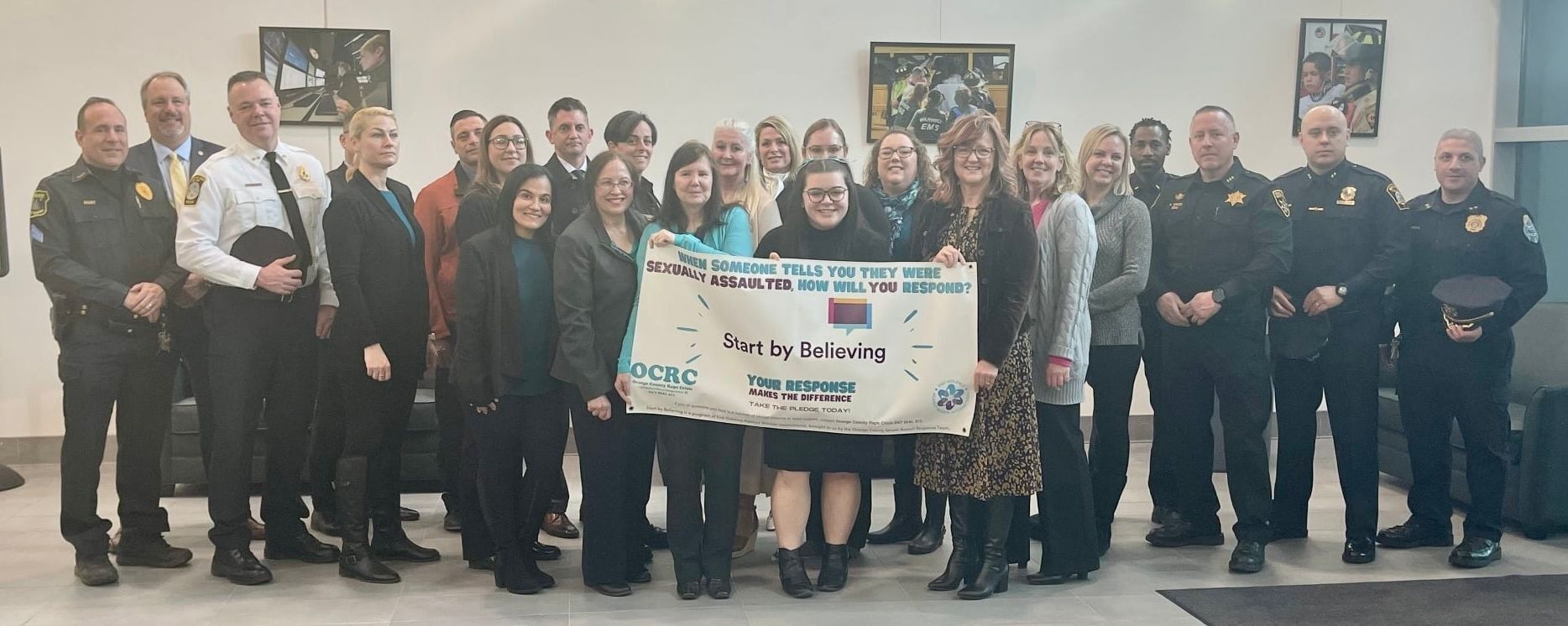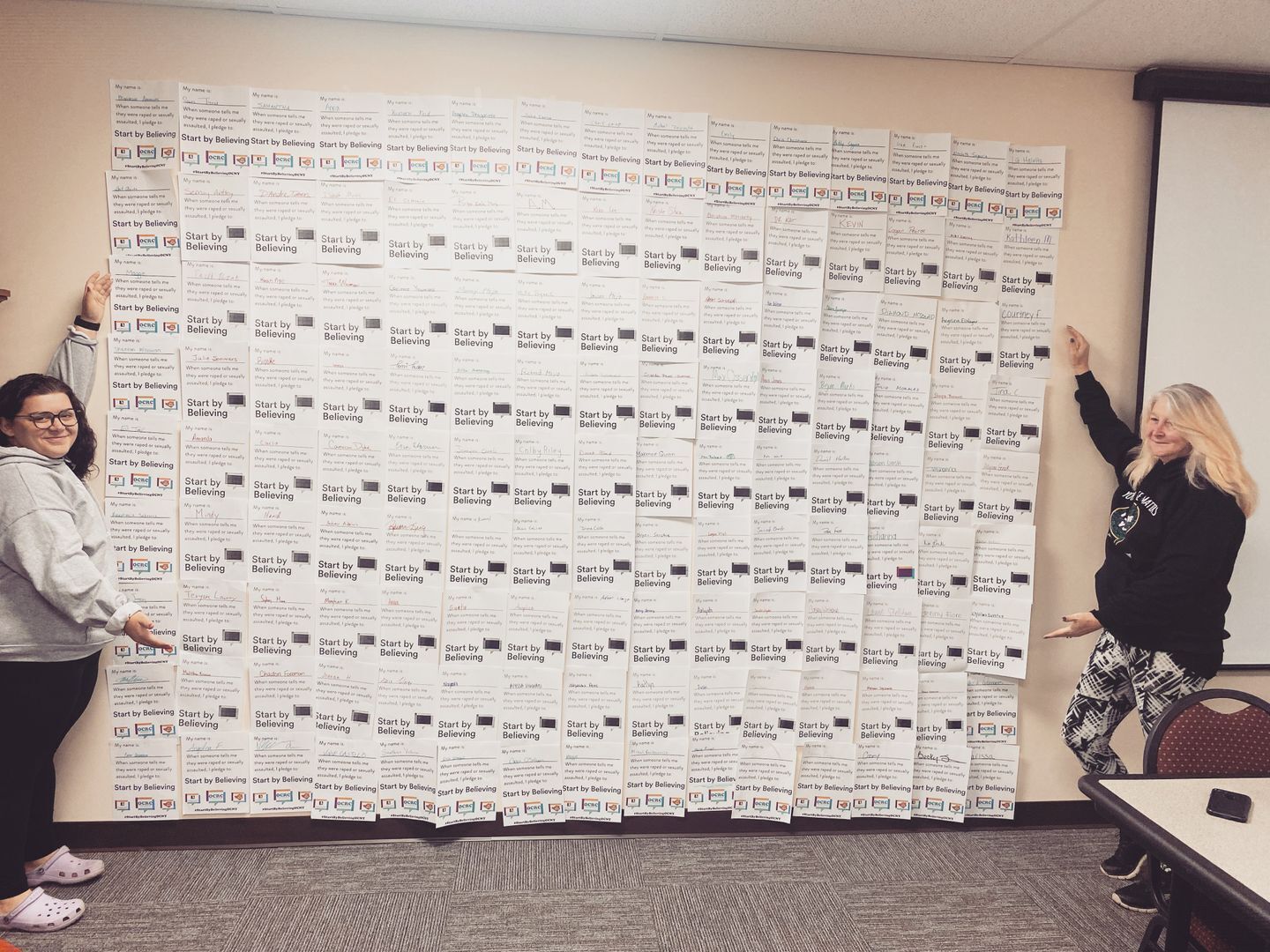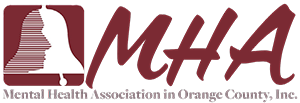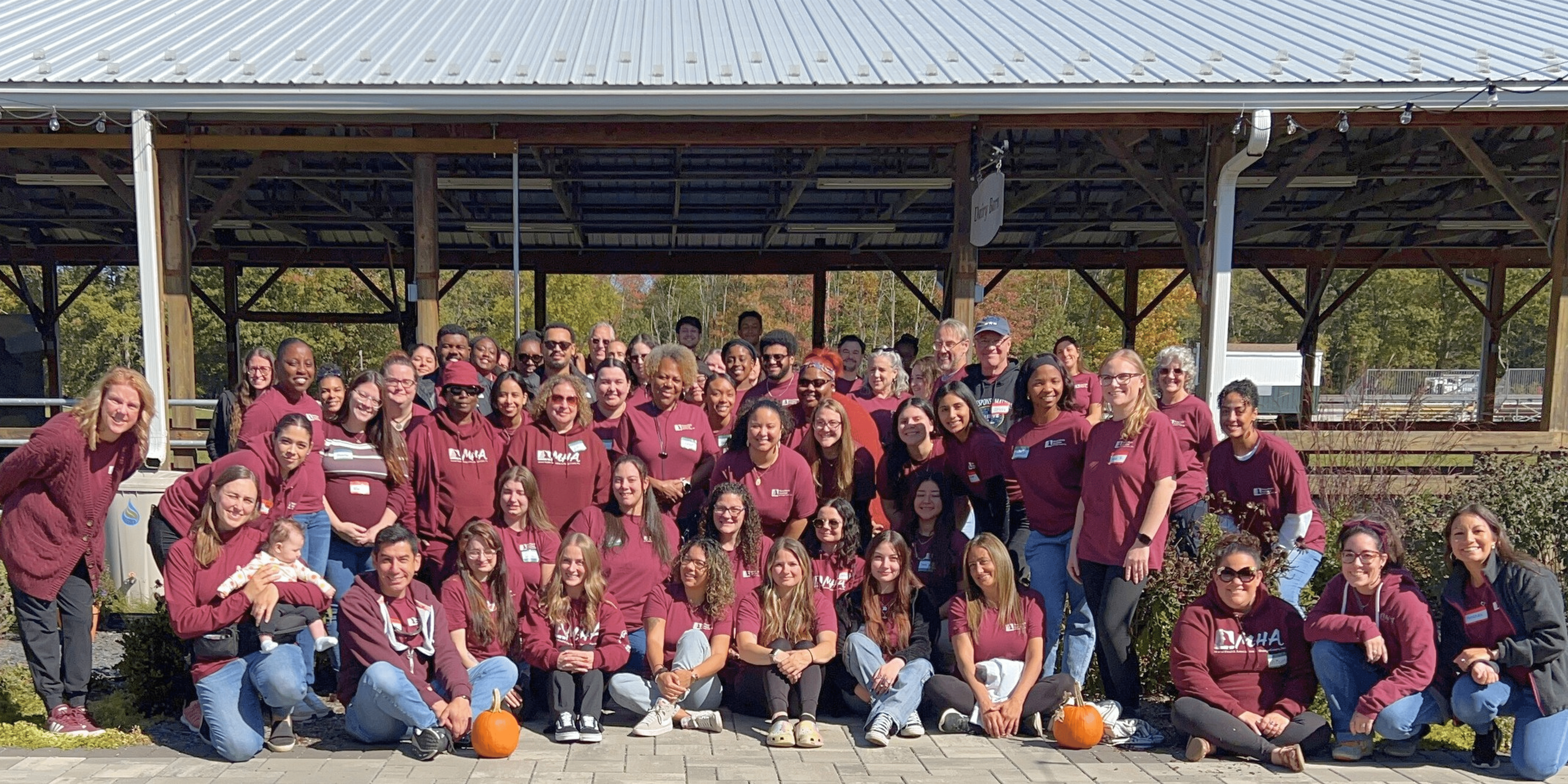
Orange County Sexual Assault Prevention and Advocacy Program (SAPA)
Orange County Sexual Assault and Prevention Services-SAPA (formerly known as Rape Crisis Services or Orange County Rape Crisis) provides 24/7 advocacy services including crisis intervention and accompaniment for adult and child survivors of sexual violence. Services also encompass the Sexual Assault Examiner (SAE) Program offering forensic evidence collection and post-sexual assault treatment for survivors of sexual violence who are at least 12 years of age. The SAE Program is in collaboration with Orange Regional Medical Center, Montefiore St. Luke’s Cornwall Hospital, and the Orange County District Attorney’s Office. SAPA also provides several educational programs focusing on raising awareness and decreasing incidents of sexual violence. These programs include Shifting Boundaries for middle school students, Bringing in the Bystander and Mentors in Violence Prevention for high school and college students, and professional development for law enforcement, medical, and counseling personnel.
ADVOCACY PROGRAM
Advocates are available 24/7 to accompany survivors of sexual violence to hospitals, police stations, and court rooms. Advocates provide survivors and their loved ones with information, resources, and emotional support throughout the process. Advocates provide 24/7 accompaniment services to all Orange County hospitals, police departments, and the District Attorney’s office. Advocates can also accompany survivors to proceedings and investigations in middle schools, high schools, and colleges in Orange County, NY. SAPA advocates serve survivors of sexual violence of all ages, genders, races, ethnicities, sexual orientations, and income levels.
To connect with an advocate or get more information, call the 24/7 Orange County Crisis Call Center at 1-800-832-1200, or by dialing 311 in Orange County.
We offer support, information, and referrals to sexual assault survivors so they will be able to make well informed choices about their health, safety, and healing.

Orange County Sexual Assault Prevention and Advocacy- MHA in Orange County - Proudly Announces the “Start by Believing” Campaign
Orange County Sexual Assault Prevention and Advocacy, a program of Mental Health Association in Orange County, Inc. (MHA) invites the Orange County community to join in the annual “Start by Believing” public awareness campaign. This exciting initiative challenges all of us to improve our response to sexual assault. “Start by Believing” reaches friends and family members of sexual assault survivors as well as the professionals who may interact with them. This campaign challenges everyone to respond to disclosures of sexual violence by expressing belief and support rather than doubt, shame, or blame.
Out of every 1,000 sexual assaults, only 310 are reported to the police. Of those 310 reports, 50 lead to an arrest. According to RAINN (Rape, Abuse & Incest National Network), of those 50 arrests, 28 cases will lead to a felony conviction and 25 rapists will be incarcerated. It may be surprising to learn that more than 2/3 of sexual assaults go unreported and that more than 97% of rapists are walking free. There are many reasons for this startling underreporting and lack of prosecution for sexual violence. According to the Department of Justice, victims of criminal sexual violence from 2005-2010 who did not report to police gave the following reasons for not reporting: 20% feared retaliation, 13% believed the police would not do anything to help, 8% believed it was not important enough to report (DOJ 2013). Now imagine how different these numbers would look if we just started by believing survivors. “MHA is dedicated to changing the way our community responds to rape and sexual assault. Our goal is to pave the way for survivors to achieve justice and healing, so the decision to come forward and seek help is a safe one. Our vision is to end the cycle of repeat offenses and assure that perpetrators are held accountable for their crimes. Please join us and transform this vision to reality,” stated Angela Jo Henze, Executive Director of MHA.
Why Should We “Start by Believing”?
“Historically, survivors of sexual violence have faced reactions of doubt and blame when they reported the crime or reached out for help. When the disclosure of a sexual assault is met with disbelief rather than support and comfort, it may increase the trauma of the initial assault and decrease the likelihood that the survivor will be able to pursue justice and healing. In turn, this means that perpetrators are not held accountable for their crimes, and they remain free to sexually assault additional victims. “Start by Believing provides an opportunity for communities to unify with one meaningful message for survivors of sexual assault – we hear you; we believe you and we are here to help! The first step is making a personal commitment to Start by Believing when someone discloses that they were raped or sexually assaulted. Please take the pledge and support MHA’s Orange County Sexual Assault Prevention and Advocacy Program in supporting survivors of sexual assault” said Kathleen McQuoid, Crisis Services Manager of MHA.
What is the Impact of Believing Survivors?
If the response to their disclosure is respectful and open, a survivor will feel more comfortable seeking additional help. Seeking assistance after a sexual assault can often lead to “re-traumatization” or compounding trauma. A positive support system of family, friends, and service providers can greatly lessen these long-term effects. Always “Start by Believing.”
This campaign is being implemented locally by the following partners of the Sexual Assault Response Team: Orange County Sexual Assault Prevention and Advocacy Program, Orange County District Attorney, Garnet Health Medical Center, Montefiore St. Luke’s Cornwall Hospital, City of Middletown Police, Port Jervis Police, Town of Wallkill Police, the Town of New Windsor Police, City of Newburgh Police, Monroe Police, Town of Newburgh Police, Orange County Child Advocacy Center, Orange County Attorney, West Point CID, West Point SARC, Stewart Airforce SARC, Keller Community Hospital, SUNY Orange, Mount St. Mary College, and Safe Harbors of Orange County.
Is the “Start by Believing” Campaign for Me?
If you are thinking that “Start by Believing” is a good idea, but you are not sure if it is for you…it absolutely is! Nearly 1 in 6 women in the United States are survivors of sexual violence, so it is safe to say that most people interact with survivors daily (RAINN). Even if you do not know any survivors, adopting the “Start by Believing” philosophy can have a positive impact on the people in your life without them even disclosing an assault. If you are vocal about believing survivors, the people around you will likely view you as someone who they can trust if they are ever sexually assaulted.
For more information on this campaign and to learn how you can get involved, email kmcquoid@mhaorangeny.com or call (845) 342-2400 ext. 1292.
If you need additional support, we encourage you to contact the Orange County Crisis Call Center by dialing 311 (1-800-832-1200). Trained counselors are available 24/7 to offer support. We also encourage you to make use of our Text4Teens Program, an anonymous text counseling resource, which is available 24/7 to Orange County teens. Text 845-391-1000 to connect with a trained counselor.

SEXUAL ASSAULT EXAMINER (SAE) PROGRAM
The Sexual Assault Examiner (SAE) Program offers forensic evidence collection and post-sexual assault treatment for survivors of sexual violence who are at least 12 years of age. This initiative is in collaboration with Orange Regional Medical Center, Montefiore St. Luke’s Cornwall Hospital, and Orange County District Attorney’s Office. Sexual Assault Examiners are certified by the New York State Department of Health and specialize in the care and treatment of survivors of sexual violence. SAEs are also trained in forensic evidence collection and expert court testimony.
Frequently Asked Questions:
-
What is a forensic evidence collection kit?
DNA evidence from a crime like sexual assault can be collected from the crime scene, but it can also be collected from your body, clothes, and other personal belongings. You may choose to have a sexual assault forensic exam, sometimes known as a “rape kit,” to preserve DNA evidence and receive important medical care. You do not have to report the crime to have an exam, but the process gives you the chance to safely store evidence should you decide to report at a later time.
-
How do I maintain evidence before the exam?
If you are able, try to avoid activities that could potentially damage evidence such as:
- Bathing
- Showering
- Using the restroom
- Changing clothes
- Combing hair
- Cleaning up the area
It is natural to want to go through these motions after a traumatic experience. If you have done any of these activities, you can still have an exam performed. You may want to bring a spare change of clothes with you to the hospital or health facility where you are going to have the exam or new clothes may be provided to you.
Any post-sexual assault treatment, forensic evidence collection, or medications given at the hospital will all be paid by the Office of Victim Services. -
What is involved with a sexual assault forensic exam?
The steps below outline the general process for the exam. Remember, you can stop, pause, or skip steps at any time during the exam. It is entirely your choice.
Immediate care. If you have injuries that require immediate attention, those will be taken care of first.History. You will be asked about your current medications, pre-existing conditions, and other questions pertaining to your health history. Some of the questions, such as those about recent consensual sexual activity, may seem very personal, but these questions are designed to ensure that DNA and other evidence collected from the exam can be connected to the perpetrator. You will also be asked about the details of what has happened to you to help identify all potential areas of injury as well as places on your body or clothes where evidence may be located.
Head-to-toe examination. This part of the exam may be based on your specific experience, which is why it is important to give an accurate history. It may include a full body examination, including internal examinations of the mouth, vagina, and/or anus. It may also include taking samples of blood, urine, swabs of body surface areas, and sometimes hair samples. The trained professional performing the exam may take photographs of your body to document injuries during the examination. With your permission, they may also collect items of clothing, including undergarments. Any other forms of physical evidence that are identified during the examination may be collected and packaged for analysis, such as a torn piece of the perpetrator’s clothing, a stray hair, or debris.
Follow up care. You may be offered medications that are a part of post sexual-assault treatment. These medications include antibiotics to prevent sexually transmitted infections, nPep to prevent you from contracting HIV, Plan B emergency contraception to prevent pregnancy, and any booster shots you may need such as tetanus. These medications require a follow up appointment with a medical professional. Depending on the circumstances and where you live, the exam site may schedule a follow up appointment, or you can ask about resources in your community that offer follow-up care for survivors of sexual assault. Someone from the exam site may also be able to provide information or resources about reporting options.
To connect with an advocate or get more information, call the 24/7 Orange County Crisis Call Center at 311.

COMMUNITY EDUCATION
Rape Crisis advocates deliver community education and prevention programs throughout Orange County, NY. Advocates present community education and prevention programs in middle schools, high schools, colleges, and professional settings.
Middle School
Shifting Boundaries: an evidence-based, multi-level prevention program for middle school students on sexual harassments and precursors to dating violence. The program is unique in that it embraces an environmental approach that identifies multiple strategies to support young people, both school-wide interventions and classroom lessons.
To schedule programming and events at your middle school, call 845-342-2400 ext. 1262.
High School & College:
MVP: Mentors in Violence Prevention is a leadership program facilitated in both high schools and colleges focused on preventing all forms of gender-based violence. MVP utilizes unique bystander approach to prevention and education. MVP views all participants as potential bystanders who can be empowered to confront abusive incidents involving peers. Through conversation, we provide concrete tools for confronting, interrupting and preventing this violence, because the more options a person has available to them, the more likely they are to intervene in the face of violence.
To schedule programming and events at your high school, call 845-342-2400 ext. 1262.
Enough is Enough: The “Enough is Enough” legislation requires all colleges to adopt a set of comprehensive procedures and guidelines, including a uniform definition of affirmative consent, a statewide amnesty policy, and expanded access to law enforcement. Our Enough is Enough Coordinator is an active part of the college communities in Orange County and works with local colleges to decrease incidents of sexual violence, intimate-partner violence, and stalking while enhancing the communities’ response to such incidents.
To schedule programming and events at your college, call 845-342-2400 ext. 1224.
Professional Development:
We provide professional development trainings for law enforcement, medical professionals, and school administrators and educators. We cover a variety of topics including a Rape Crisis Overview, Evidence Collection Kits, Trauma-Informed Care, Human Trafficking, Non-Fatal Strangulation and more.
To schedule professional development for your organization, call 845-342-2400 ext. 1351.
To connect with an advocate or get more information, call the 24/7 Orange County Crisis Call Center at 1-800-832-1200 or 311.


